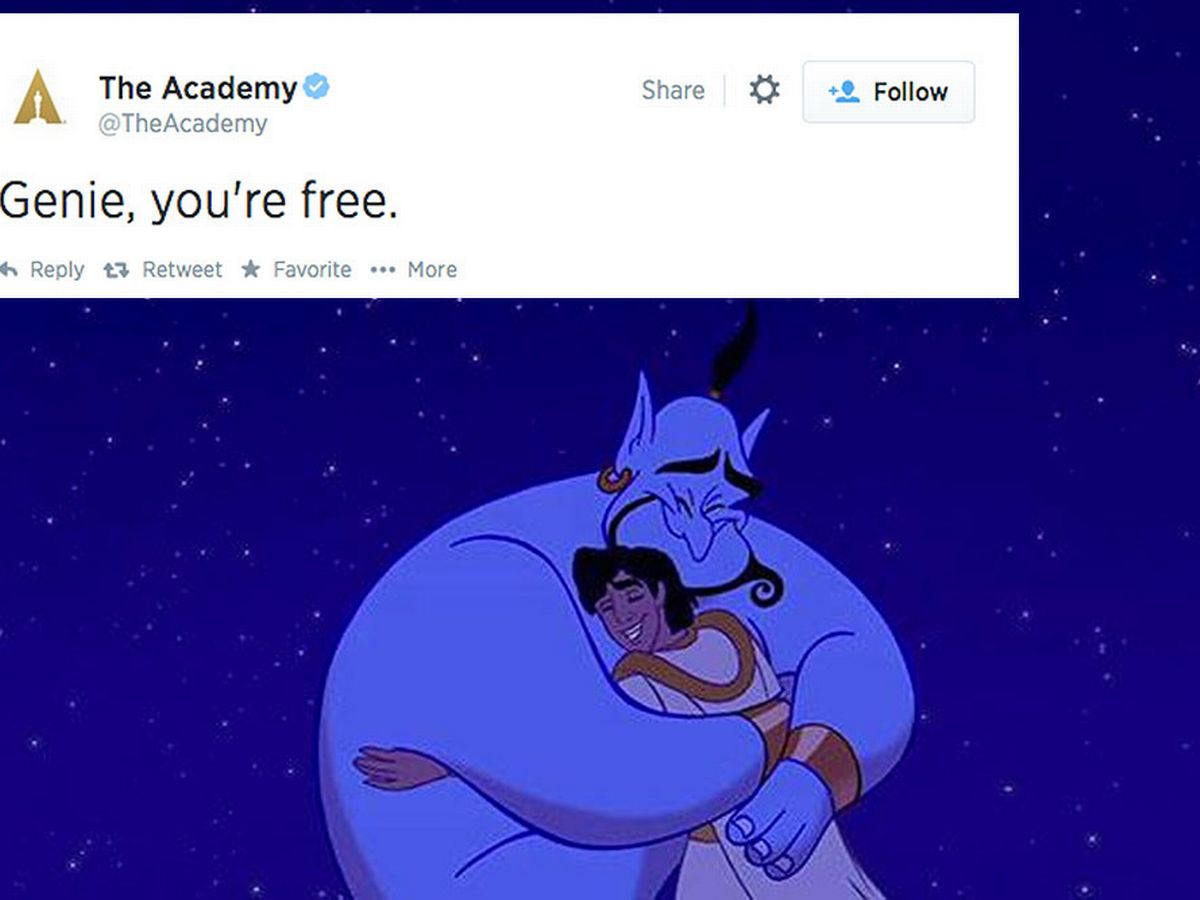On Suffering
I wonder if the stigma about suicide is about to change. I’m not talking about the stigma of depression, but about suicide. Many are upset about the “Genie you’re free” tweet, believing that it might cause copycat suicides, and that it shows suicide as a way out. Well, of course. For the past 2 decades or so, Hollywood has been trumpeting doctor assisted suicide as a great and noble thing. The movie “One True Thing” depicts its main character as acting with amazing courage and bravery when she takes her own life as she suffers from a terminal disease; her suicide is shown as an act of love for her family. The message we give as a society right now is rather confusing: suicide because of physical suffering is completely legitimate and it is your choice. Helping to kill those individuals is “compassionate.” On the other hand, suicide because of depression is a tragedy. We want to get those people help! There are options!
I’m sorry, did I miss the part where it’s explained how mental suffering is less real/painful than physical suffering? If it’s a perfectly valid choice for me to choose to end my life because I am in physical suffering, how is it not an equally valid choice to end my life because of mental suffering?
I fear that society will soon realize that this dichotomy isn’t logical, but instead of gasping at the horror and running away from the precipice, Hollywood and the nihilist philosophers will run headlong over it. “My body, my choice” after all. That’s a hard argument to counter without Christianity. Christ is the answer to the question of suffering. Paradoxically, suffering may be the only way we as a society turn around. I would recommend that the next time we encounter suffering, we offer it up specifically for the person who is undergoing similar sufferings, but doesn’t see its value. That is, unite our sufferings to theirs, and ultimately to Christ’s. After all, it’s pretty hollow to simply tell someone that suicide “is not the answer” without telling them Who Is.


